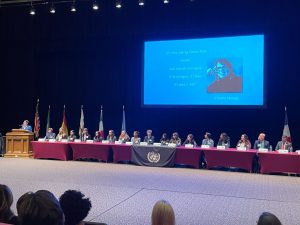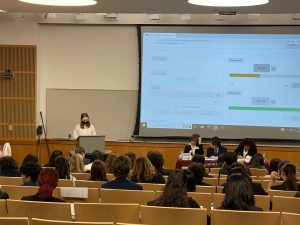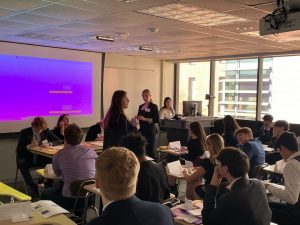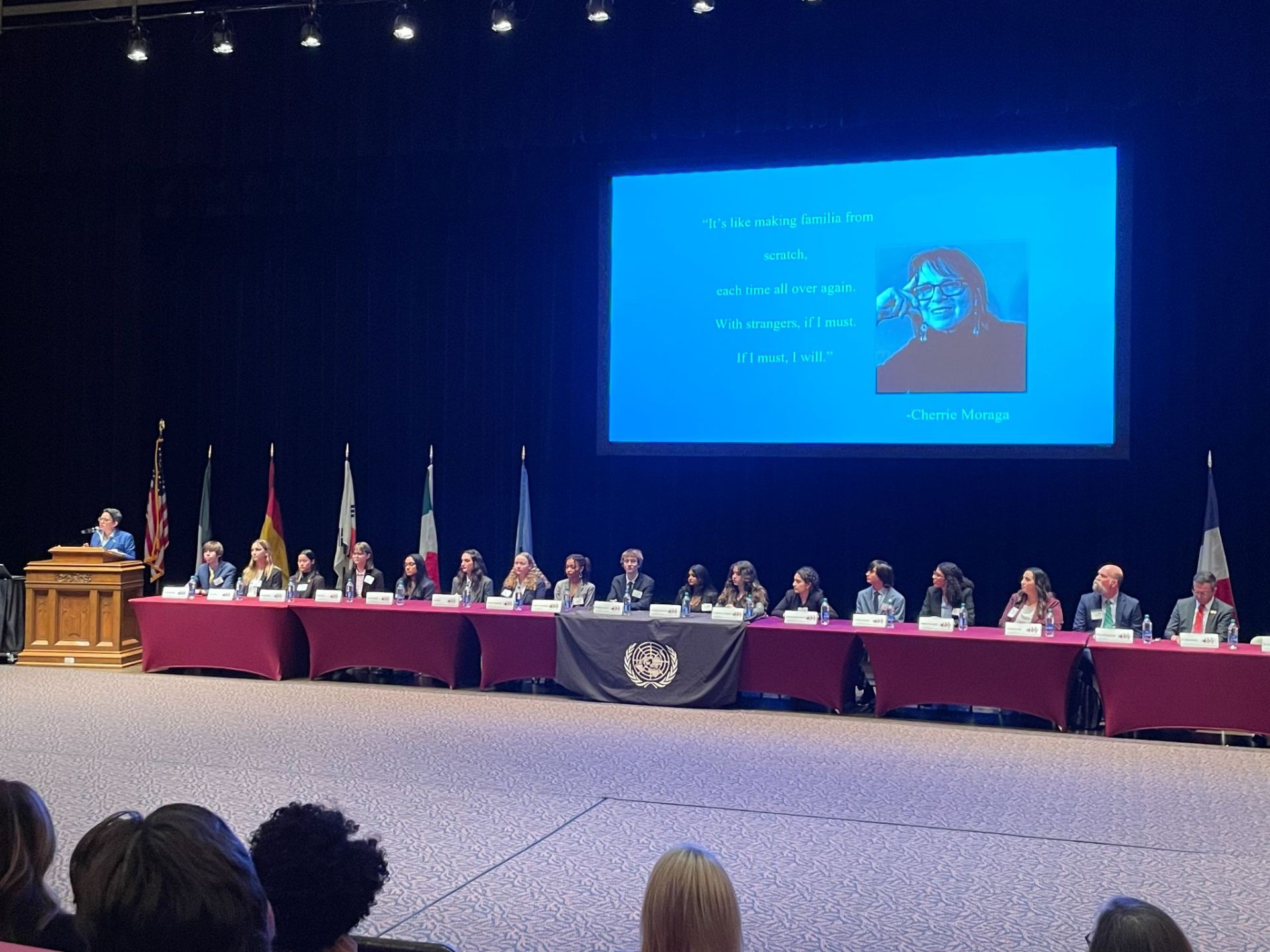For 20 years, marginalized groups have been fighting a losing battle over their access to adequate mental health resources. Arriving at Model United Nations of San Antonio XXVII (MUNSA XXVII) on Jan. 5, I knew that I was about to debate this pressing subject.
As my fellow delegates and I made our way into an expansive auditorium in Laurie Hall at Trinity University, we were met with an impressive array of flags representing a multitude of countries. Despite this elaborate setting, we knew that the commencement of our sessions was quickly approaching and had to remain focused.

As part of the World Health Organization (WHO), representing Uzbekistan, I (The Delegation of Uzbekistan) had to act fast. Heavily relying on the ability to collaborate with other delegates, the lives of many weighed on our shoulders.
In our MUNSA formal set up, the other delegates and I were expected to conform to a (fake) fast-paced setting in order to solve this crisis within our two day time frame.
This was my second year at a MUNSA conference, however, it was my first MUNSA conference spent in a non crisis committee-affiliated forum. As the Delegation of Afghanistan stepped up onto the podium to read his position paper, I realized that I would have to do the same. With the feeling of excitement bubbling up in me at the realization of an upcoming challenge, it quickly transformed into pure nerves when the rest of the committee began grilling the Delegation of Afghanistan with questions. I didn’t know that was allowed. However, the Delegation of Uzbekistan was in line to give a speech related to the same topic and was not going to back down. As I met the podium, I began a speech dedicated to bettering access to mental health resources for marginalized groups all around the world.

It was now time for questions. Luckily, I had done an extensive amount of research and was able to have my Legally Blonde moment through an introduction to one of Uzbekistan’s main exports: Ethylene Polymer. Who knew plastics would be my answer to creating pop-up clinics to increase the public’s access to mental health resources?
Before I knew it, our fourth and final session of the day had ended. Now, I had to brainstorm solutions to the next day’s topic: discussing access to rehabilitation centers to mitigate opioid addictions.
As we arrived at Trinity University’s campus for our second day at the conference, juniors Brynn Dominguez, Ronin Vasquez, and Calvin Wellman shared their previous experiences. We had all had so much fun on our first day!

Trinity’s bell tower began chiming harmoniously as I made my way back into my conference room in Northrup Hall. Our second day had officially begun.
The morning was filled with unmoderated caucuses, delegates scurrying around, and flying resolution papers. Then, right before my fellow sponsors and I were about to present our resolution papers, a crisis began.
The world had been exposed to an expansive and quickly moving gas cloud, and we had to find a way to protect as many people as possible. This gas cloud that could kill its victims within a week was now our problem.
Together we worked together and prevailed, finding solutions for the homeless population and many other aspects of the situation.
Before we knew it, our very last session of the MUNSA XXVII conference had ended. It was time to go home and begin preparing for next year. We had met many new people, gained experience as debaters and ultimately bonded as both students and friends.
